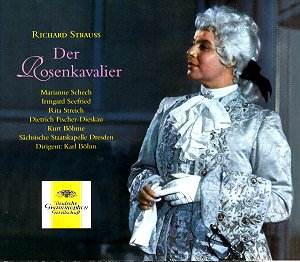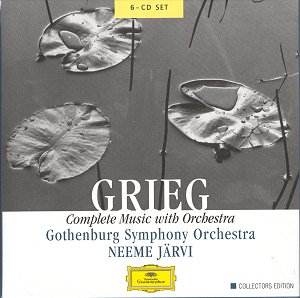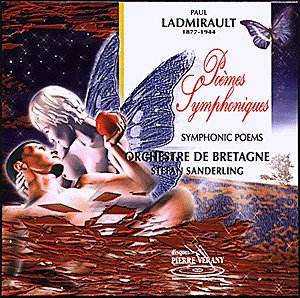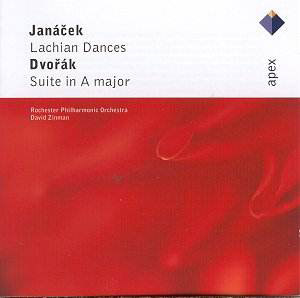 Composer: Richard Strauss
Composer: Richard Strauss
Works: Der Rosenkavalier
Performers: Marianne Schech (soprano, Die Feldmarschallin), Kurt Böhme (bass, Baron Ochs), Irmgard Seefried (soprano, Octavian), Dietrich Fischer-Dieskau (baritone, Faninal), Rita Streich (soprano, Sophie), Ilona Steingruber (mezzo soprano, Marianne), Gerhard Unger (tenor, Valzacchi), Sieglinde Wagner (soprano, Annina), Chorus and Orchestra of the Dresden Opera
Recording: Recorded at the Lukaskirche, Dresden, in December 1958
Label: DG
Richard Strauss’s “Der Rosenkavalier” stands as a pinnacle of the operatic repertoire, encapsulating the complexities of love, time, and social mores through its lush orchestration and exquisite characterizations. The libretto by Hugo von Hofmannsthal enriches Strauss’s music with a rich tapestry of Viennese wit and emotional depth, making this 1958 recording under the esteemed conductor Karl Böhm a significant artefact in the operatic canon. Not only does it showcase the nuanced interplay between the orchestral forces and the singers, but it also reflects a specific moment in the evolution of this beloved work.
Böhm’s interpretation, notably brisk right from the opening orchestral introduction, infuses the performance with a palpable energy. The turbulence of the strings and the vividness of the woodwinds create an electric atmosphere, though some may find this urgency sacrifices a measure of lyrical beauty inherent in Strauss’s score. Yet, Böhm’s ability to navigate the operatic landscape with deftness becomes evident as the performance unfolds. Marianne Schech’s portrayal of the Marschallin, while inconsistent in vocal quality, reveals a profound emotional arc. Her initial ardour captures the character’s bittersweet resignation, especially poignant in her confession to the hairdresser Hippolyte, which serves as a microcosm of her struggle against the inexorable passage of time.
Irmgard Seefried’s Octavian is a highlight of this recording, delivered with youthful vigor and emotional authenticity. Her transformation into the maid Mariandel showcases not only her vocal agility but also her skill in character portrayal. The youthful exuberance contrasts beautifully with Schech’s more mature and reflective Marschallin, emphasizing the generational tensions woven throughout the opera. Kurt Böhme’s Baron Ochs presents a masterclass in comic timing and vocal characterization that balances the farcical with the tragic. His ability to traverse the extremes of his character—both bumbling and self-aggrandizing—affirms his status as a commanding presence on stage.
The sound quality of this recording, remastered for contemporary listeners, offers a clarity that allows the intricate orchestral details to shine through. The Dresden Staatskapelle, steeped in the Strauss tradition, provides a lush backdrop that enhances the vocal performances without overshadowing them. Each instrumental flourish—particularly in the waltzes and the famous Presentation of the Rose—cements the orchestra’s role as both a character and a narrative device within the opera’s framework.
Comparing this recording to others, such as Karajan’s legendary interpretation with Schwarzkopf, it becomes clear that Böhm’s approach, while less indulgent, brings forth an immediacy and dramatic intensity that invigorates the score. The cast, replete with luminaries such as Dietrich Fischer-Dieskau as Faninal, adds an additional layer of richness to the performance, even if his youthful tone at the time may seem somewhat at odds with the paternal role he embodies.
The combination of Böhm’s dynamic conducting, a cast of exceptional talent, and the lush orchestration of Strauss creates a compelling rendition of “Der Rosenkavalier.” Each character’s journey is rendered with clarity and purpose, encapsulating the opera’s exploration of love and loss amidst societal constraints. This recording is less a mere document of performance than a vibrant tapestry of human emotion, resonating with both the historical context of its creation and the timeless themes it so eloquently portrays.



